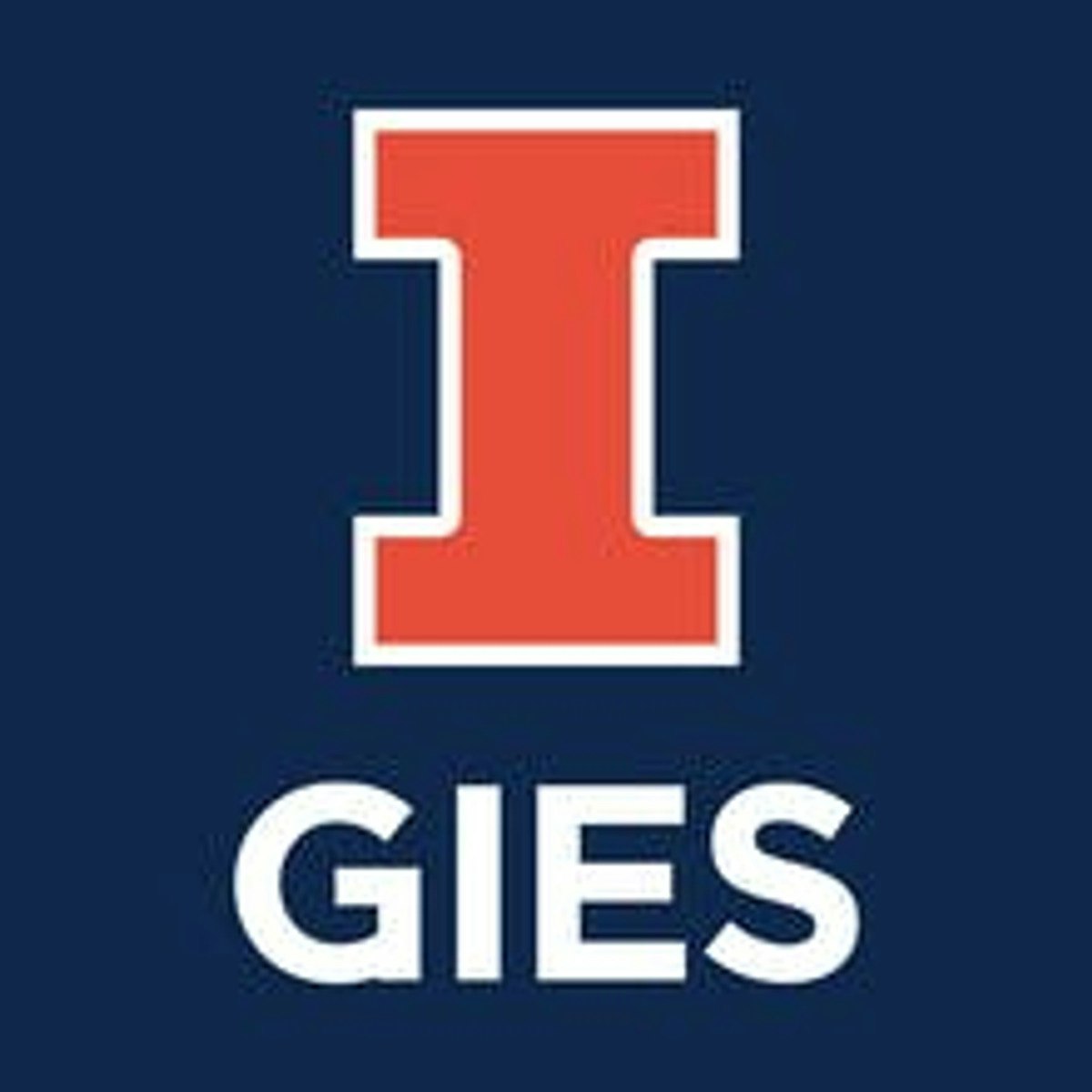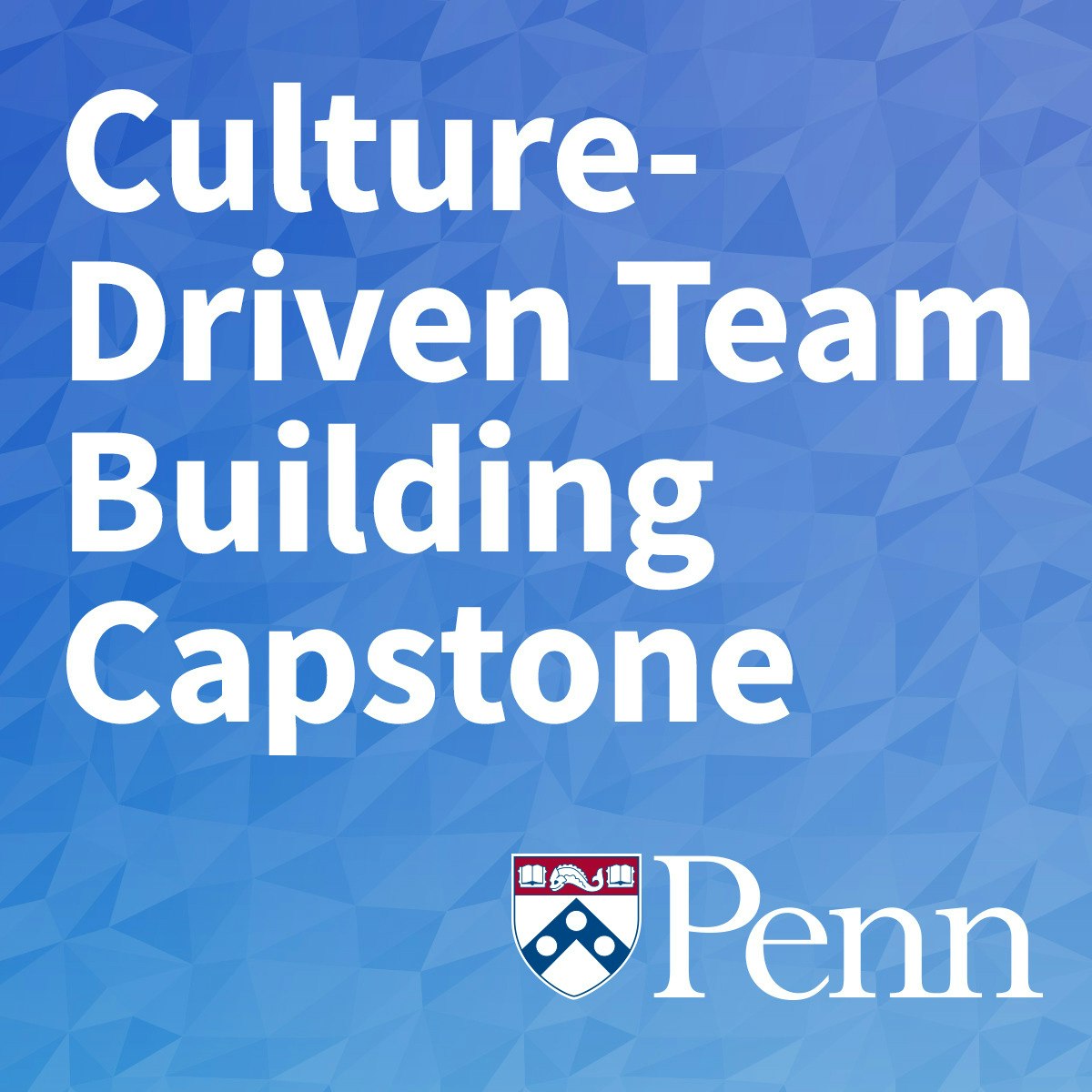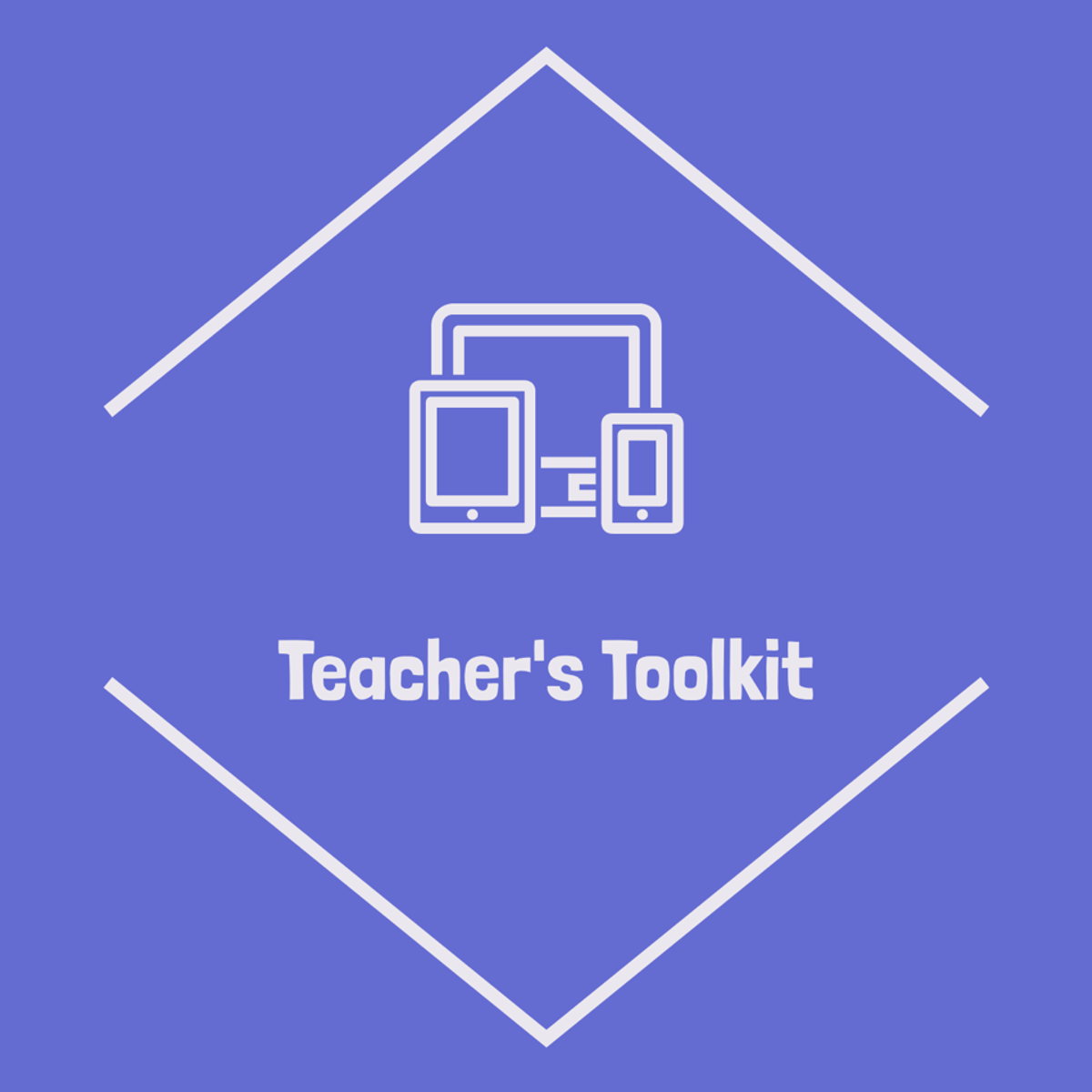Back to Courses









Personal Development Courses - Page 38
Showing results 371-380 of 514

Getting Started with Microsoft Word
In this project, you will learn to use the basic features of Microsoft Word. Using the free version of Office 365’s Microsoft Word, you will generate a document that contains formatted text, an image, and a table. MS Word, a powerful word processing application, is used for creating and updating letters, handouts, resumes and many other types of documents for business and personal use. Enhancing your communication skills by mastering basic MS Word increases your marketability in almost any profession.

Leading Oneself with Self-Knowledge
Before we can lead others well, we must first learn to lead ourselves well. Knowing thyself is the starting point on this journey. In this course, you will come to understand the importance of three forms of awareness, craft a personal identity, gain understanding of how you work best, learn to be strategic with your time and energy, manage cognitive biases, mental models and better understand your worldview.
This course can be taken for academic credit as part of CU Boulder’s Master of Engineering in Engineering Management (ME-EM) degree offered on the Coursera platform. The ME-EM is designed to help engineers, scientists, and technical professionals move into leadership and management roles in the engineering and technical sectors. With performance-based admissions and no application process, the ME-EM is ideal for individuals with a broad range of undergraduate education and/or professional experience. Learn more about the ME-EM program at https://www.coursera.org/degrees/me-engineering-management-boulder.

Relationship Management
To be a successful engineer, you must work and play well with others. This course focuses on developing the skills you will need to build and sustain professional relationships and networks. Learn to coach and mentor others, manage conflict and build power and influence in the workplace.

Influencing the Organisation
In this course, you will look at how you can effectively manage stakeholders and industry/organisational politics, whilst successfully mobilising people. You will:
– Consider how to build momentum and how to work across organisational, sectoral and country cultures.
– Explore how you can align your mission with the organisation’s purpose and manage the politics to influence the organisation.
– Look at how to lead in a matrix/complex structure as well as how to make your changes real.
This course is aimed at leaders and managers who have five to six years experience and who are beginning to manage teams, customers and clients more regularly or more directly. Learners will likely have a technical or professional early career but as they are progressing in their careers, they are having to start grappling with the issues of team and organisational leadership.
By the end of this course, you will be able to:
– Work across organisational boundaries and engage with a wider group of stakeholders.
– Navigate the realpolitik of their wider organisation and understand the importance of engaging with the political dynamic.
– Extend and leverage your networks to be better positioned for the next phase of your career.
– Identify levers for change and how best to utilise these in order to increase the possibility that your initiatives and programmes will be adopted.

Organizational Concepts and Language
In this course, you will learn how to communicate using common organizational language, concepts, and frameworks useful for decision-making and problem-solving. The professional business skills related to business concepts and language gained through this course will help you to succeed working in any organization.

Specialty Topics: Biology Across Disciplines
In this course, we will explore the applicability and relationship of biology to the arts, business, and psychology. First, we’ll discuss art as a foundational practice to biology and how biology as a science can explain how we interact with the arts, in particular, our experiences making and listening to music. Next, we will discuss the business of biology and how research is funded and the process of clinical trials and human subjects research. Then we will examine two topics at the interface of psychology and biology: (1) human development from conception to adulthood, and (2) how cognition influences how we make decisions about biological issues and best practices for evaluating biological evidence in light of what we know about how we use evidence to make decisions. We will close with a discussion of education and why evidence-based education is important for promoting overall science literacy.

Culture-Driven Team Building Capstone
In this capstone project class, you analyze a real-world case provided by N2Growth, a global firm that helps clients create a culture of leadership through practice areas like strategy, cultural transformation and organizational design. Based on the N2Growth case, you are expected to identify and diagnose organizational issues, select a senior leader and make recommendations in a culminating PowerPoint or Prezi presentation.

Use Genially to Create Mind Maps
Genially is “the tool that brings content to life.” Genially allows you to map out a learning journey for your students using high interest images and interactive tools. By the end of this project, you will be ready to engage your students by creating mind maps to organize and teach content and to help students show their learning.

Mindfulness in Integrative Healthcare
By the end of this course, you will be able to assess when mindfulness may be helpful for your patients or clients, educate them about its potential benefits, and refer them to mindfulness programs and resources. To begin, you will explore what mindfulness is (and is not) through presentations and direct experience. You will also learn about the research supporting the benefits (and risks) of mindfulness for various conditions, as well as how to identify contraindications. Finally, you will learn about the benefits of this practice for you as a busy healthcare provider.
Continuing Education Credit
This course has been designed to meet Minnesota Board of Nursing continuing education requirements for 10 contact hours and may be eligible for CE credit from other professional boards that allow self-documenting of continuing education activities. It is your responsibility to check with your regulatory board to confirm this course meets your local requirements and, if necessary, to provide them with the certificate of completion you get if you pay for and fulfill all the requirements of this course.

Online education: The foundations of online teaching
In a world that’s quickly becoming dominated by mobile technology, flexible working opportunities and a post-pandemic economy, online learning is here to stay. This course introduces you to the basics of reimagining, redesigning and optimising face-to-face offerings for the online environment so that learners feel connected, engaged and motivated to learn.
Educators from around the world who are facing these issues in schools, universities and the vocational education sector are finding they need to adapt by upskilling to meet these changing times. This course will introduce you to the key foundational concepts required for teaching online and will explore how technology has fundamentally changed the way education can be delivered and consumed by learners.
The course will cover questions such as: What is online learning and how does it differ from learning in traditional classroom settings? Do the needs of online learners differ from their face-to-face counterparts? How can I design online learning so that it reflects and meets the needs of my learners? Which tools and resources are readily available and easy to master for facilitating engaging and interactive online learning? These questions and many more will be answered in this course, which is designed for teachers and educators who are new to online learning, or those who are preparing to adapt existing learning resources to an online learning environment.
Learning outcomes
By the end of this course, you’ll:
1. Demonstrate an understanding of the trajectory of online learning, from a historical perspective to contemporary experience and future possibilities
2. Explain how the needs of learners in blended and fully online learning environments differ from traditional face-to-face learning environments
3. Select and use a range of techniques, tools and resources to improve the digital learning skills of learner
Popular Internships and Jobs by Categories
Find Jobs & Internships
Browse
© 2024 BoostGrad | All rights reserved